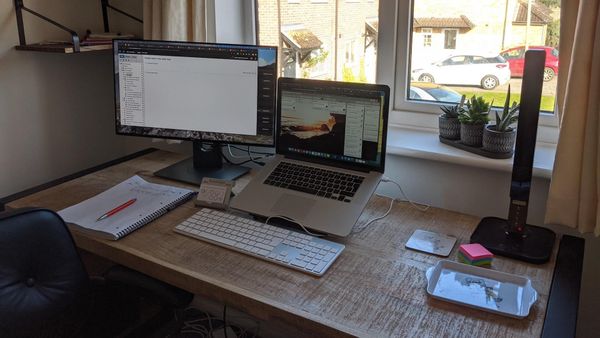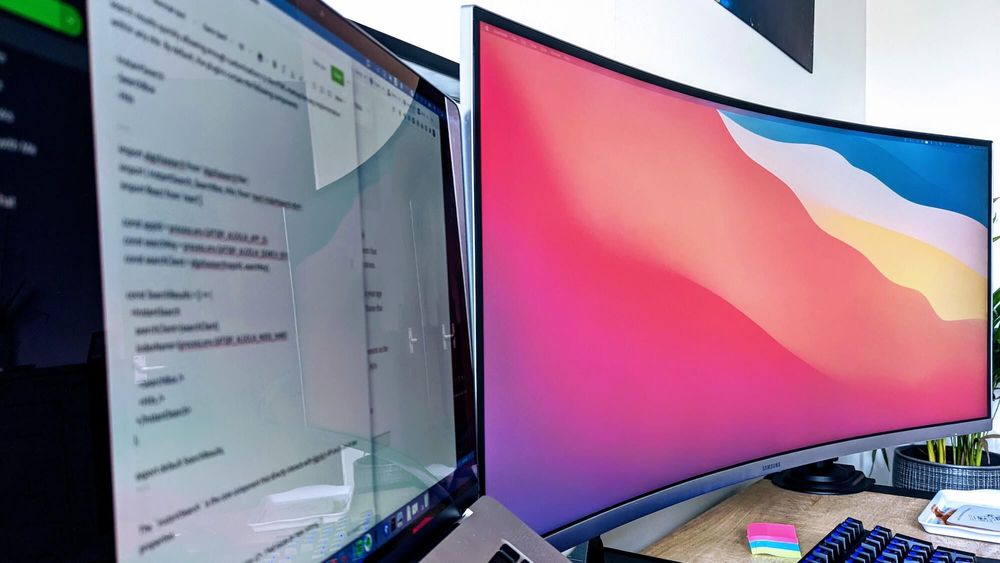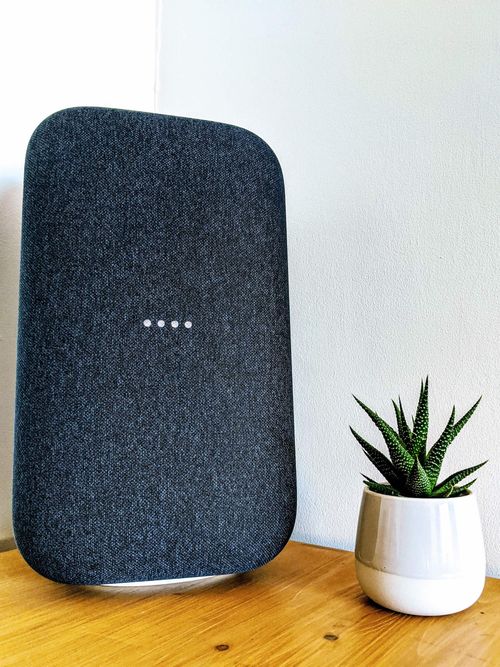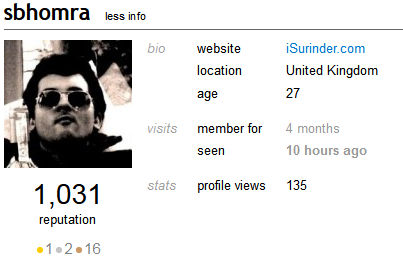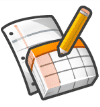In a world filled with technological innovation that fulfils the majority of one's every need, one can sometimes end up feeling all too sterile, especially around the creative-led tasks that should invoke something more visceral.
It’s only a matter of time before many of us start to feel a void from relying on multifunctional devices that have become deeply intertwined with every part of our lives. Loosening even a small thread of this technological dependence can bring a profound sense of focus.
One aspect I felt I had to change was my approach to writing as I started getting the feeling that the process was becoming all too sterile and monotonous. I had the urge to go back to a more tactile method of publishing content by starting the process with good old-fashioned pen and paper.
One thing that became noticeably apparent when returning to this method of curating content is that the real world is far less forgiving, requiring the brain to relearn how to organise thoughts for long-form writing. In the early stages of drafting blog posts by hand, my pages were cluttered with crossed-out sentences and scribbled words. It became evident that I was really reliant on the forgiving nature of writing apps where blocks of text could easily be moved around.
However, with each blog post I wrote by hand, my brain has managed to think further ahead when it previously lacked forethought where I regularly experienced writer's block. The posts I've published throughout September have all been curated by initially compiling a basic outline, which is then expanded upon into a longer form on paper first. This is probably how I managed to increase my output during the month. I can only attribute this to the lack of visual distractions creating a more kinesthetic environment for thoughts to gestate.
My approach to writing has changed over the years since I have been blogging and I am reminded of how I used to assimilate ideas from a post I wrote back in 2015: Pen + Paper = Productivity. It is here where I said something profound that has been lost on me:
Paper has no fixed structure that you are forced to conform to, which makes processing your own thoughts very easy. Unfortunately, software for note-taking has not advanced nearly as fast. It's still all too linear and fixed.
It's been nine years since that post was written, and while technology has advance to the point of offering the convenience of writing on tablets, which I’ve done for a while using my own Apple iPad and Apple Pencil — it simply doesn’t compare. No matter how much we try to mimic the experience with "paperlike" screen protectors.
Even though technology helps us accomplish things faster, it comes at the cost of not being in the moment. Sometimes, the journey is more meaningful than the destination, and we don’t always need to rely on technology simply because it’s there.
Does going back to basics make the publishing process longer? Surprisingly, not as much as you’d think. I was pleasantly surprised to discover that after everything is written down on paper, the final steps are mostly mechanical — typing it up on my laptop, running a spell and grammar check, adding an image, and finally hitting the publish button.
When handwriting long-form content, the process needs to be as easy and frictionless as possible by investing in a good quality writing instrument. To quote Emmert Wolf: An artist is only as good as his tools. Using a better pen has encouraged me to write more, especially compared to the fatigue I felt with a Bic Crystal, which I find more suited to casual note-taking.
Conclusion
Who knows, maybe this new approach will even improve the overall legibility of my handwriting — it really has deteriorated since I left school. Most likely the result of many years of programming. I don't think I will ever stop relying on my wife to write birthday and greeting cards anytime soon.
I’d forgotten just how satisfying the experience of handwriting blog posts can be. It’s a bit like channelling the spirit of Bob Ross, layering words like brushstrokes that gradually form paragraphs into passages. When you're done, you can sit back and admire the canvas of carefully crafted marks you’ve created.



